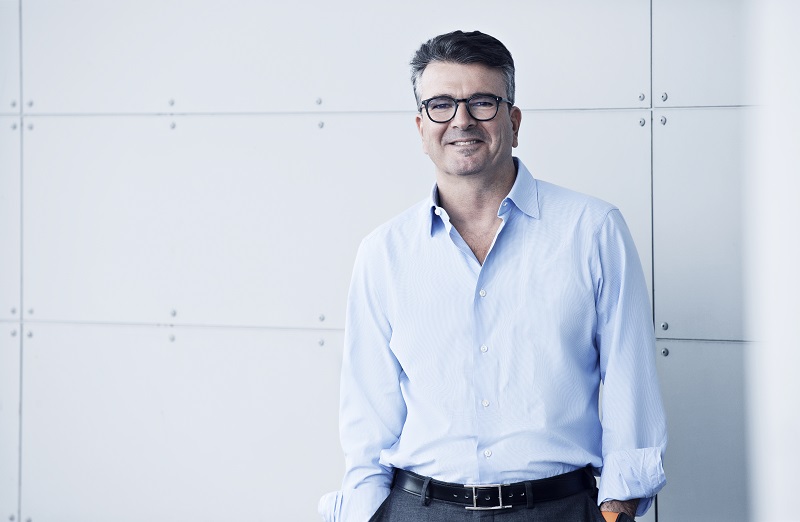The weight-loss drug marquet is shaking up the global CDMO landscape

The dramatic growth of glucagon-like peptide (GLP-1)-based therapies has accelerated over the past 18 months, primarily driven by broader use for the treatment of obesity. These drugs were initially approved for use in type 2 diabetes, and many have demonstrated some degree of weight loss as a concomitant effect of treatment. Global spending on obesity has reached nearly $24 billion in 2023, up from just $3.2 billion in 2020 and is largely driven by the adoption of new treatments. This market could exceed 100 billion in 2028 according to IQVIA.
This enormous market attracts desire. Several drugmakers are entering the race: Zealand, Boehringer Ingelheim ... in the rapidly growing obesity market, dominated by Novo Nordisk and Eli Lilly.
At the end of January, Novo Nordisk announced record sales for 2023, driven by strong demand for its anti-obesity drugs Ozempic and Wegovy. However, sales of these two leading anti-obesity drugs were hampered by insufficient production capacity for its filled injector pens and semaglutide, the active pharmaceutical ingredient used by Ozempic and Wegovy. Last year, the company announced plans to invest in new production facilities in Denmark and France.
On February 5, Novo Nordisk announced the purchase of three industrial sites following a three-way transaction in which Novo Holdings, the majority shareholder of the Danish group, agreed to buy the American drugmaker Catalent for 16.5 billion dollars.
Novo Holdings will acquire all outstanding shares of Catalent for $63.50 per share in cash. The purchase price represents a premium of 16.5% to the closing price of Catalent's common stock as of February 2, 2024, the last trading day prior to this announcement, and a 47.5% premium to the 60-day volume-weighted average price as of February 2, 2024.
As part of the transaction, Novo Holdings, which owns 28 percent of Novo Nordisk's shares but has 77 percent of the voting rights in the Danish pharmaceutical group, agreed to sell three of Catalent's production sites to Novo Nordisk. The factories that Novo Nordisk is acquiring from Catalent, specializing in product manufacturing operations in biologics and sterile injectables, are located in Indiana, Brussels and Anagni, Italy. Two of the three are already contracted by Novo Nordisk to fill its injector pens.
With the three industrial sites falling into Novo Nordisk's supply chain, Novo Holdings will retain the remainder of Catalent's assets, adding to its life sciences services portfolio. At the end of 2022 the total assets of Novo Holdings were more than 108 billion. In previous years Novo Holding had invested in two main CDMOs in Europe and the USA:
In April 2019, Oxford Biomedica, a leading gene and cell therapy, and January 2022, The Ritedose Corporation. Ritedose is a leading sterile pharmaceutical manufacturer, specializing in the use of blow-fill-seal (BFS) technology. Ritedose provides outsourced development and manufacturing of ophthalmology drugs, respiratory drugs, and vaccines. In addition, Ritedose develops and markets its own portfolio of generic drugs and is an emerging player in the outsourced sterile compounding market focusing on medically necessary drugs that are in short supply.
